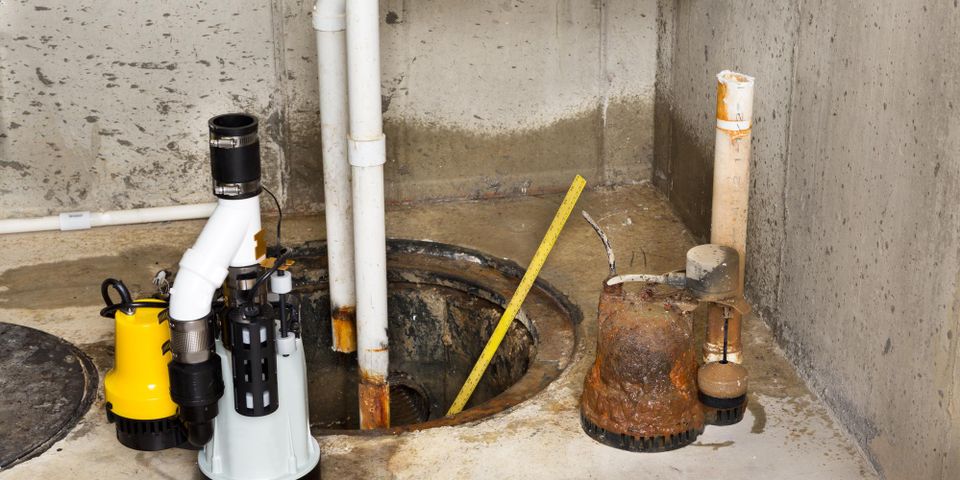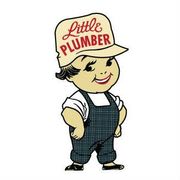
You may have heard of a device called a sump pump, which many homeowners rely on for removing excess water from their property. Usually found in basements, sump pumps will help you avoid flooding and a plumbing emergency. Below is a guide to help you better understand their purpose.
What Is a Sump Pump?
How Does a Sump Pump Operate?
Sump pumps collect water so that your home does not flood. They are particularly useful for groundwater that seeps through cracks in foundations, especially after a storm. Usually installed underneath flooring and in crawlspaces, they redirect excess water out of the area and away from your house.
Gravity funnels water into a basin or sump pit through drains or the water’s natural travel pattern. The pump pushes the water out of the pit to keep the basement or crawlspace dry. They are typically hardwired into an electrical system but will usually have a battery backup in case power goes out during a bad storm. This way, there is no interruption in the pumping process, which stops overflow and flooding.
Sump pumps are either a pedestal design or submersible. Pedestal pumps have a motor mounted above the sump, which makes it more noticeable but easy to service. They also last about 25 to 30 years and are relatively inexpensive. Submersible pumps are entirely mounted inside the sump and sealed to protect the device from electrical short-circuiting. These designs last anywhere from 5 to 15 years, depending on how well maintained they are.
Why Are They Useful in a Basement?
Because water will easily  seep in through cracks in the foundation, basements tend to be susceptible to flooding and moisture issues. If your home is in a flood zone or where the water table is above the foundation, sump pumps will save your property from water damage and mold growth.
seep in through cracks in the foundation, basements tend to be susceptible to flooding and moisture issues. If your home is in a flood zone or where the water table is above the foundation, sump pumps will save your property from water damage and mold growth.
Low lying properties and properties with severe sloping also do well with a sump pump. The device will clear any precipitation or groundwater runoff from the basement or crawlspace before becoming problematic. Many newer homes come equipped with one, but if your home is older and doesn’t have one, consider an installation to stop a flooding or plumbing emergency.
For help with a plumbing emergency and sump pump maintenance, call the plumbers of Barkley Blevins Plumbing Heating & Air Conditioning. Located in Lexington, KY, this local company has helped residential and commercial clients with everything from HVAC repair to garbage disposal services since 1890. For plumbing emergency help, call (859) 252-3519 any time or visit them online for a full list of services.
About the Business
Have a question? Ask the experts!
Send your question

